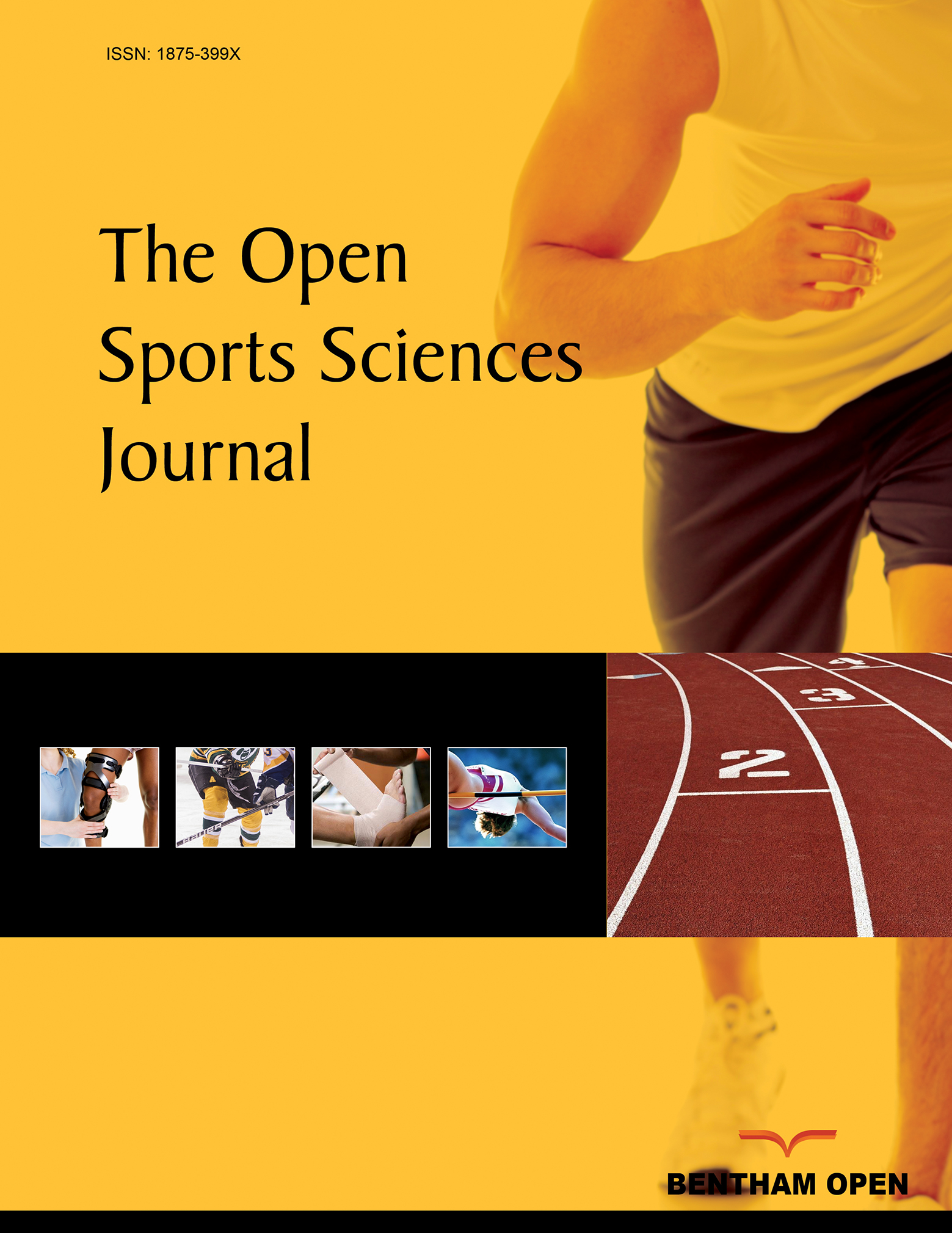All published articles of this journal are available on ScienceDirect.
Nonlinear Pedagogy Underpins Intrinsic Motivation in Sports Coaching
Abstract
A key challenge for sports coaches is to provide performers with learning environments that result in sustain-able motivation. In this paper, we will demonstrate that programmes based around the principles of Nonlinear Pedagogy can support the three basic psychological needs that underpin self-determined motivation. Coaches can therefore ensure that practice sessions provide for intrinsic motivation with its associated motivational and emotional benefits.


